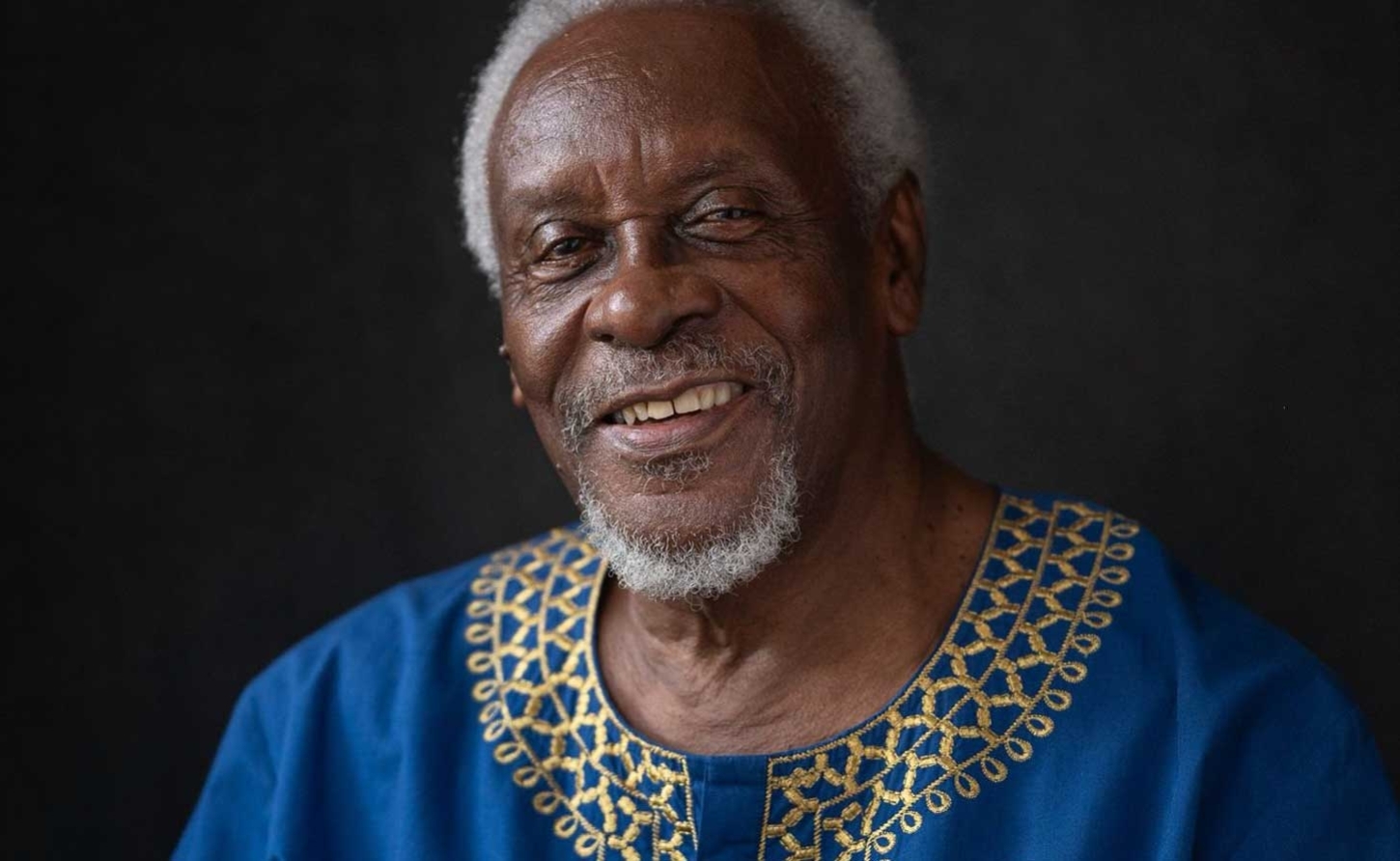JAMAICA | Patterson Institute Challenges Global Africa to Seize Its Technological Destiny

KINGSTON, While robots learn to think and climate change redraws our maps, Africa and the Caribbean face a moment of truth: build their own digital future or become forever digital servants in someone else's empire.
The continent that gave humanity its first tools now stands locked out of technology's inner circle—not by accident, but by design. The next world war won't be fought with guns but with code (algorhythms), and right now, Africa's brilliance remains the world's best-kept secret, its digital warriors armed with vision but starved of infrastructure.
This isn't just about catching up—it's about surviving the century.
"We dare not wait patiently for the developed and powerful to decide our fate according to their national interests," declared the Most Honourable PJ Patterson, former Jamaican Prime Minister and Statesman-in-Residence at the institute bearing his name. His words cut through diplomatic niceties with surgical precision, laying bare the stark reality facing Global Africa in 2025.
The PJ Patterson Institute for Africa-Caribbean Advocacy at the University of the West Indies isn't mincing words. As the Fourth Industrial Revolution yields to the Fifth—marked by sustainable technologies and AI dominance—the Institute has thrown down a gauntlet to leaders across Africa and the Caribbean: forge an audacious partnership or risk irrelevance in tomorrow's global economy.
This clarion call comes against a backdrop of what Patterson terms "global turbulence and catastrophic uncertainties." The world's antiquated international institutions crumble under their own bureaucratic weight while climate devastation, pandemic aftershocks, and resurgent protectionism redraw the map of power. In this chaos, the Institute sees not just peril, but possibility.
Last month's symposium on "Educational Transformation in Africa and The Caribbean: Centring African Heritage and Identity" hammered home a truth as old as civilization itself: education remains the battlefield upon which Global Africa's future will be won or lost. "Education is the critical key," the symposium concluded—perhaps the understatement of the century for regions whose human capital and natural resources have been systematically plundered for generations.
The Institute envisions something more radical than incremental reform. It demands nothing less than a pivot to "an economy that is innovative and accelerates the flow of our knowledge-intensive skills." This isn't the language of cautious diplomacy but of revolutionary transformation.
What makes this vision particularly biting is its recognition that Global Africa must chart its own technological course. The peoples of Africa and the Caribbean cannot wait for technology transfer or benevolent inclusion. "We must spur our own AI development and digital transformation for our own growth and shared prosperity," Patterson insists, with the quiet intensity of someone who has witnessed too many broken promises.
The Institute isn't merely pontificating. In collaboration with Afreximbank, it is finalizing an AI Hub to advance education, research, and technological innovation across both regions. The June launch promises to be more than ceremonial—it may well represent the first concrete step toward technological self-determination.
The Institute's language grows almost poetic when describing this emerging partnership: "a symbiotic partnership deliberately designed by us as free people of sovereign nations." Yet beneath the poetry lies a steel-hard pragmatism: this alliance must be "grounded on the recognition of our capacities, endowments, overlaps and comparative advantages."
As Global Africa confronts the dual legacies of colonialism and technological marginalization, Patterson's vision offers not just hope but a roadmap. The question remains whether the political and intellectual leadership across both regions will rise to his challenge—or whether his clarion call will join countless others in the graveyard of unfulfilled Pan-African dreams.
For the billions who call Africa and its diaspora home, the stakes could not be higher. In a world where artificial intelligence increasingly determines economic destiny, technological self-reliance isn't merely desirable—it's existential.
-30-
